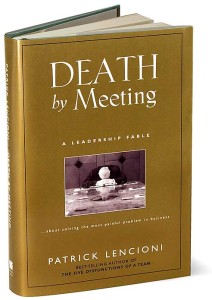Book Review: The Outliers
The Outliers by Malcom Gladwell is one of those books I kept saying I will read but didn’t quite get to. Last month I finally got to read it, thanks to our office book club, where we try to read a book once every three months, then meet and discuss.
Outliers deals with the cultural and societal forces that give rise to opportunistic individuals. Through a series of case studies, Gladwell insists that we have all too easily bought into the myth that successful people are self-made; instead, he says they “are invariably the beneficiaries of hidden advantages and extraordinary opportunities and cultural legacies that allow them to learn and work hard and make sense of the world in ways others cannot.”
Gladwell defines an outlier as a person out of the ordinary “who doesn’t fit into our normal understanding of achievement.” According to Gladwell, great men and women are beneficiaries of specialization, collaboration, time, place, and culture. An outlier’s recipe for success is not personal mythos but the synthesis of opportunity and time on task.
My take out from the book:
- Talent is not everything: Success requires a level of tale and that’s undeniable. However, there’s a reason why not all talented people are successful and some not so talented individuals become successes in areas where talent is viewed as very important. Gladwell attributes this to the 10,000 hour rule. Even the most talented person needs to do something for at least 10,000 hours to be really good at it, and this is across all areas, from music, to sport to writing. For me this was a big lesson on focus, and also made me wonder about the sustainability of our generation’s “overnight successes”. We know Mozart a musician that lived in the 1700s (and was faithful to the 10,000 hour rule), will our children’s children listen to Justin Bieber’s music? 😀
- There’s nothing like a self made man: While hard work is important and often pays off, success is often as a result of hard work, and other factors around an individual, that work to help him along. This can be the family where they’re born, the economic conditions, or even their physical appearance. Learn to identify things in your environment that can work in your favour
- Parenting an outlier: Malcom writes quite a bit on the influence parenting has on success, and compares parenting by the rich versus the not so rich. The rich are fully invested in their children’s success, and teach them to question and stand up for themselves from a very early age. By comparing two geniuses, Malcom demonstrates how “likability” and self confidence could determine whether you are successful or not. As a parent, this was a big lesson.
Conclusion
While the book didn’t tell me anything I didn’t already know, I would recommend it as a must read if you’re interested in the science behind common success. It is an interesting read, and will definitely challenge your thinking about success, and what it takes to make it.




1 Comment